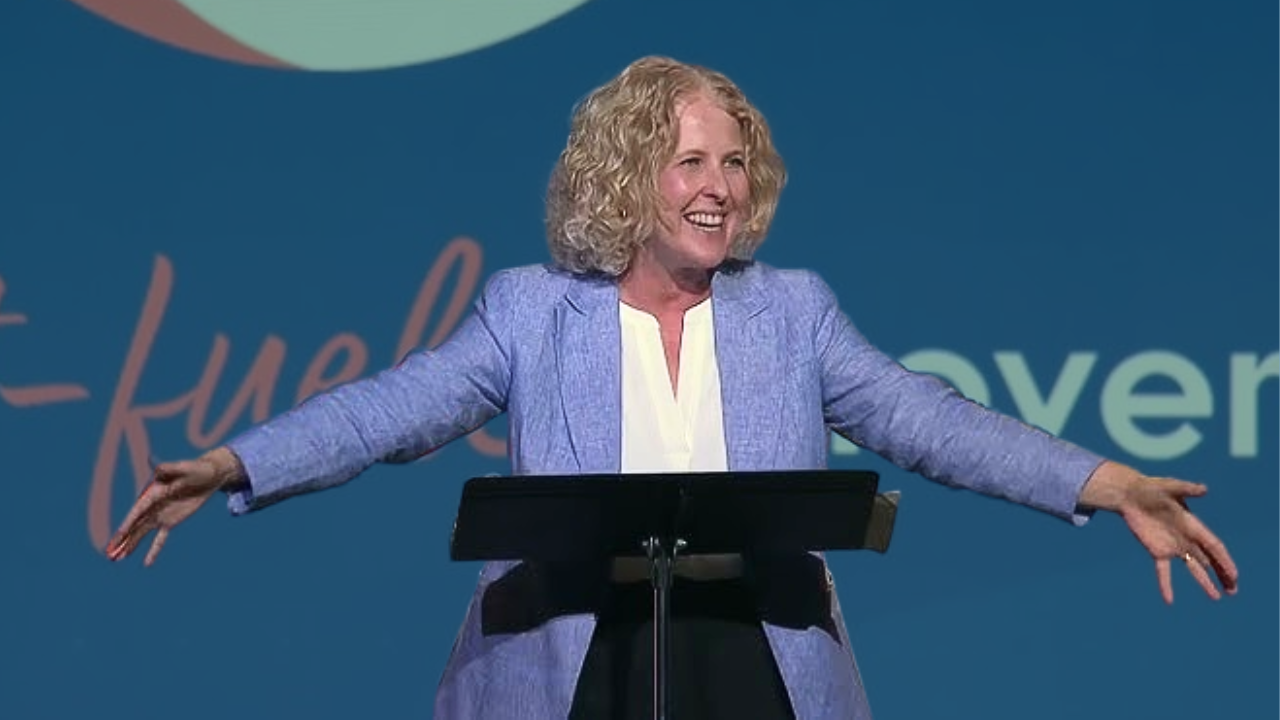Leaning Into Transition: Notes from the Couch

Even though we’re deep into the dog days of summer where I live—and my body is craving full-on lounge mode—I’m finding myself in something else entirely: transition mode.
This has been a summer of big change. I recently wrapped up a job, but really, it was more than that—it was the close of a lifelong leadership journey in Christian higher education. I stepped away from academia and into a new remote role as a project director for a nonprofit. So yes, I’ve traded the academic regalia for yoga pants and a couch (that’s only partially a joke), but let’s not oversimplify. My new work still includes travel, events, and big goals. It’s just... a big change.
And change is hard.
Here are a few things I’m learning about navigating career transition—especially as a leader:
1. Transitions Take Time (Like, A Lot of Time)
Big changes rarely happen overnight. I first sensed a shift coming two years before I actually stepped into something new. Last time I changed roles, it took about 18 months from the first stirrings to landing the new gig. If you’re feeling that itch or restlessness, pay attention. You might be at the beginning of something.
2. Leaving Well Is a Leadership Skill
Not every organization is great at helping people exit with grace. But you can lead the way. Think about five people who made your job better—and go out of your way to thank them. If no one throws you a goodbye party, take the initiative. Invite a few colleagues to lunch and celebrate the work you did together. Leaving well isn’t just classy—it’s strategic and healing.
3. Exit Interviews Aren’t for Torch Lighting
If you get an exit interview, be honest. Say the hard things if they need to be said. But don’t use it as a moment to offload years of unresolved frustration. That work should have happened while you were still inside the organization. Speak truth, yes—but with wisdom and without bitterness.
4. Starting Over Can Feel Like a Setback
In a new role, you might need to earn trust all over again. Your resume doesn’t automatically translate to respect in a new environment. You may have to eat a little humble pie and re-establish your value. It can be disorienting—especially if you came from a place where you were thriving. But this is part of the process. You’re not losing ground; you’re building new capital.
5. A Fresh Start Can Bring Fresh Energy
There’s something exhilarating about a clean slate. New faces, new spaces, new rhythms—it’s a reset for your professional soul. Channel the energy. Bring your best self to the table. And when the anxiety of the unknown creeps in (and it will), remind yourself: nerves and excitement come from the same place.
6. Letting Go Takes Humility
You gave your last job 100%, and now someone else will carry it forward—or not. That part’s out of your hands. Watching others build (or not build) on your legacy can be painful. Practice the open-handed release. Make a list of all the ways you invested and share it with someone who understands the cost. Closure matters.
7. Even Wanted Change Is Still Change
Leaders know that change is hard, even when it’s good. Be gentle with yourself. Talk to yourself the way you would coach a team member in transition: “It’s going to take time. You’re doing better than you think. Slow and steady wins the race."
To bring it together: Leadership transitions stretch us. They remind us that our identity isn’t in a title or a role—it’s in how we show up. If you’re in a season of change, know this: it’s okay to feel all the things—excitement, grief, uncertainty, hope.
I’m right there with you—between the couch, the airport, and the Zoom calls—figuring it out one day at a time.

We offer Leadership Coaching to help you navigate setting strategies for engagement, team growth and much more!

